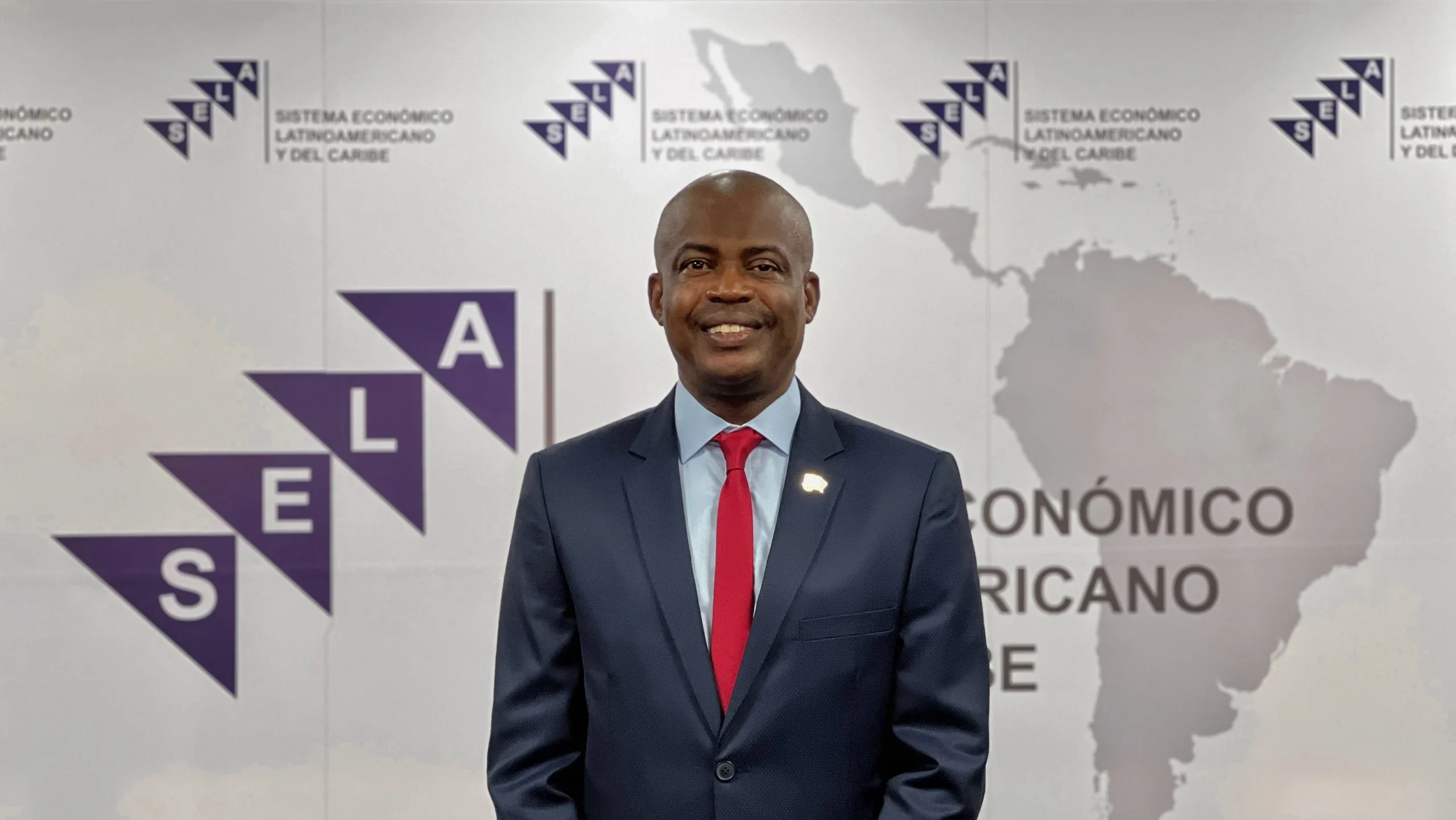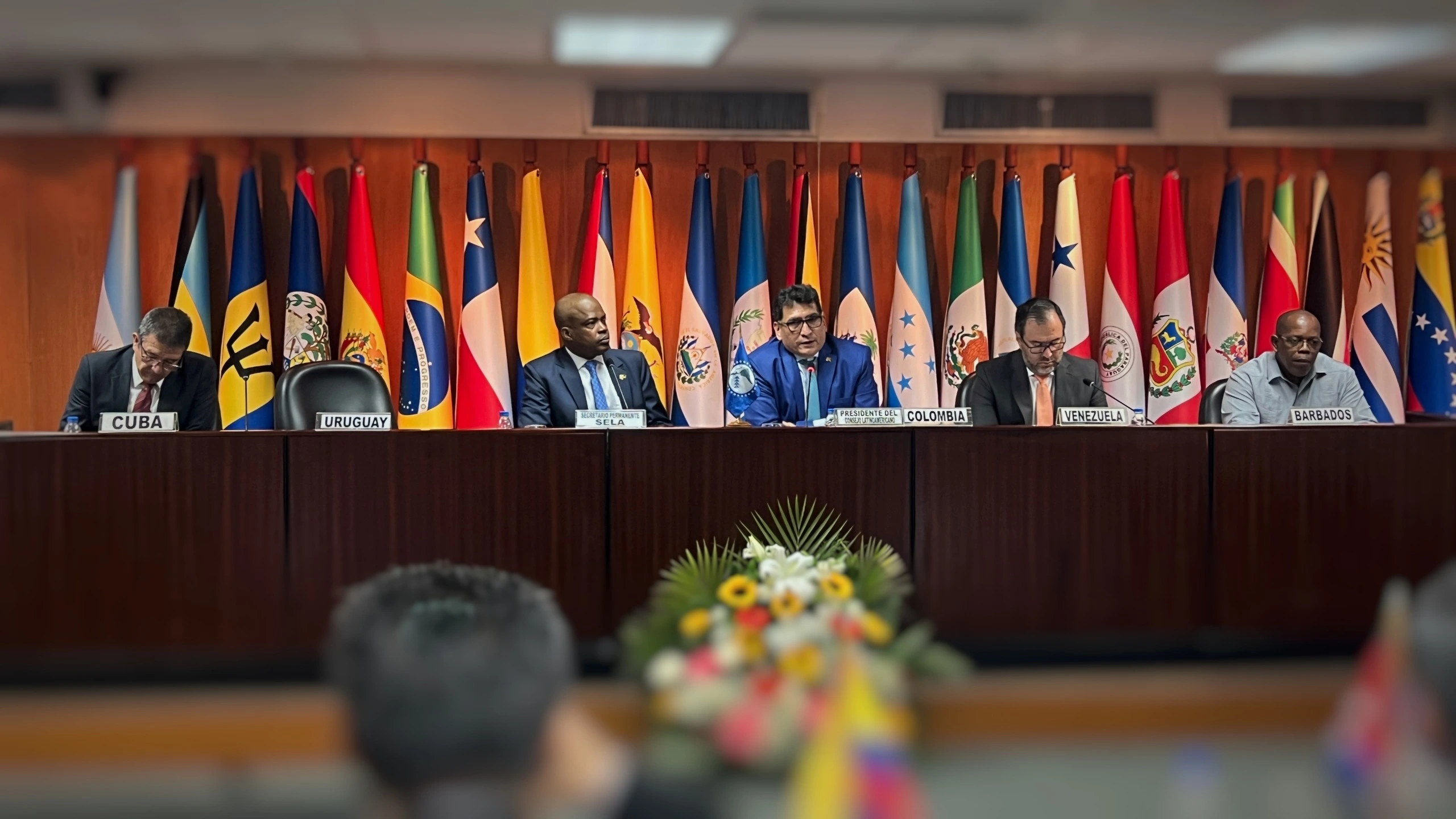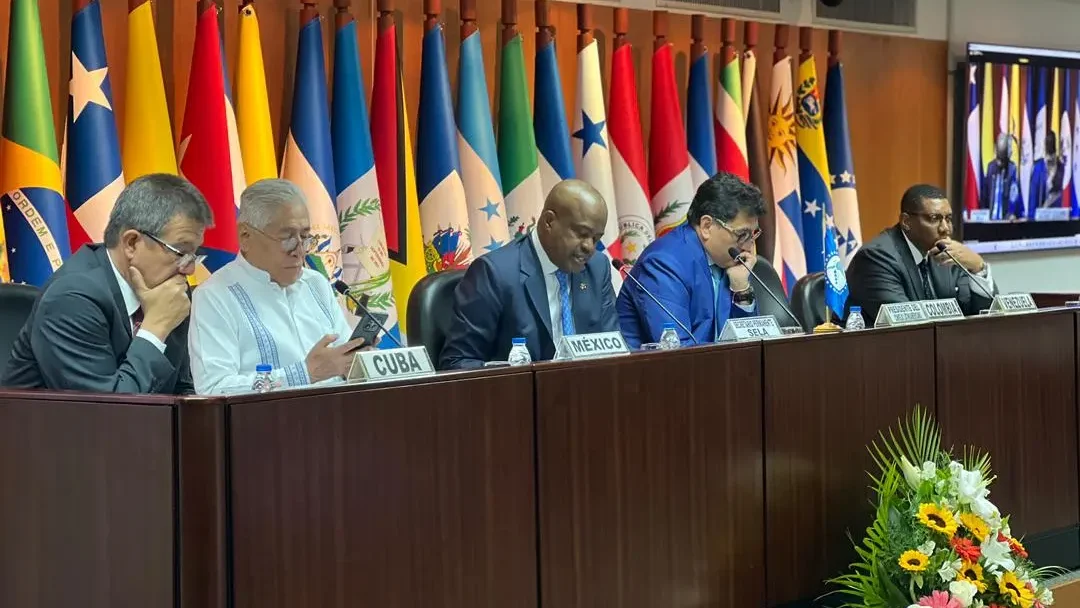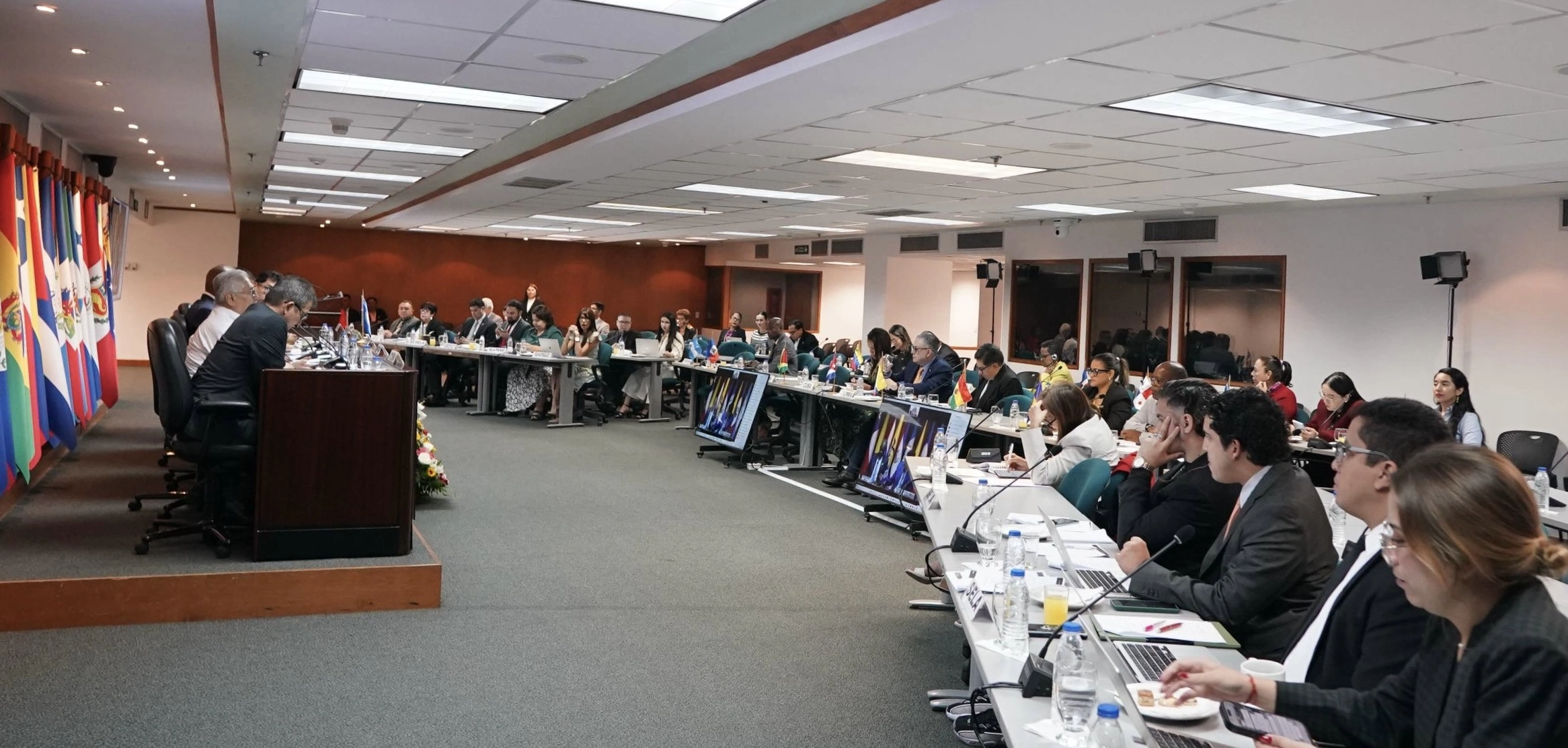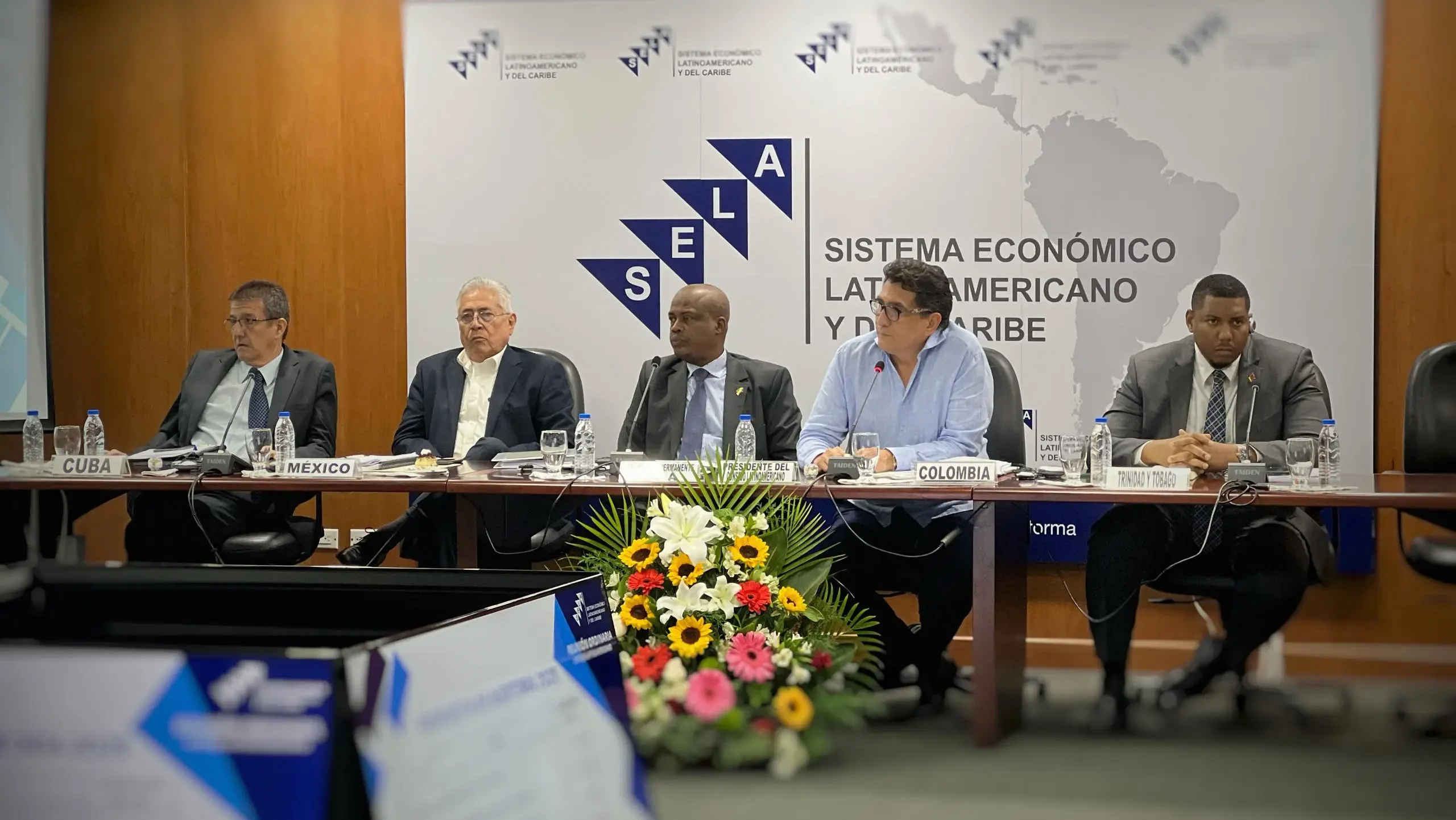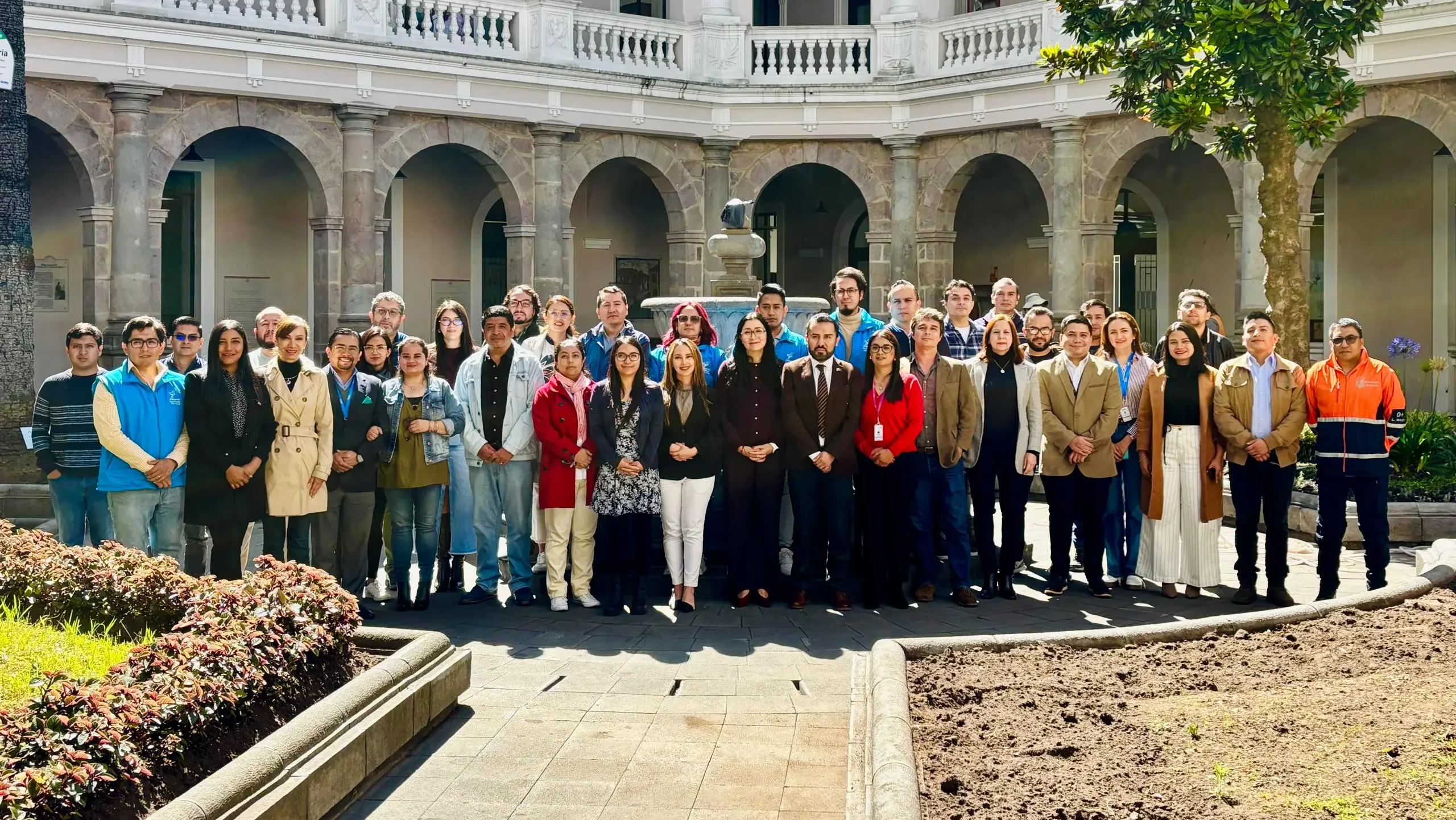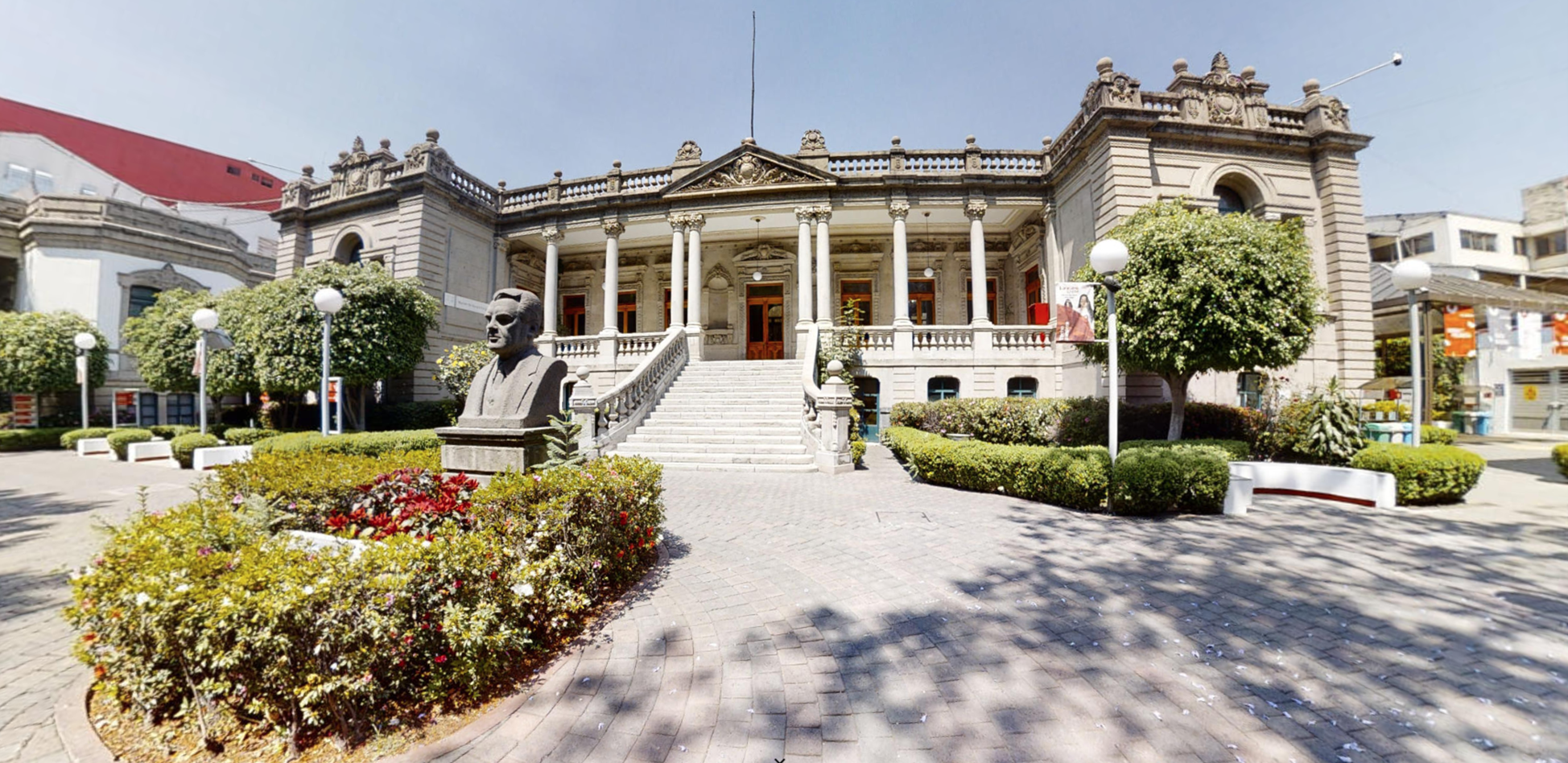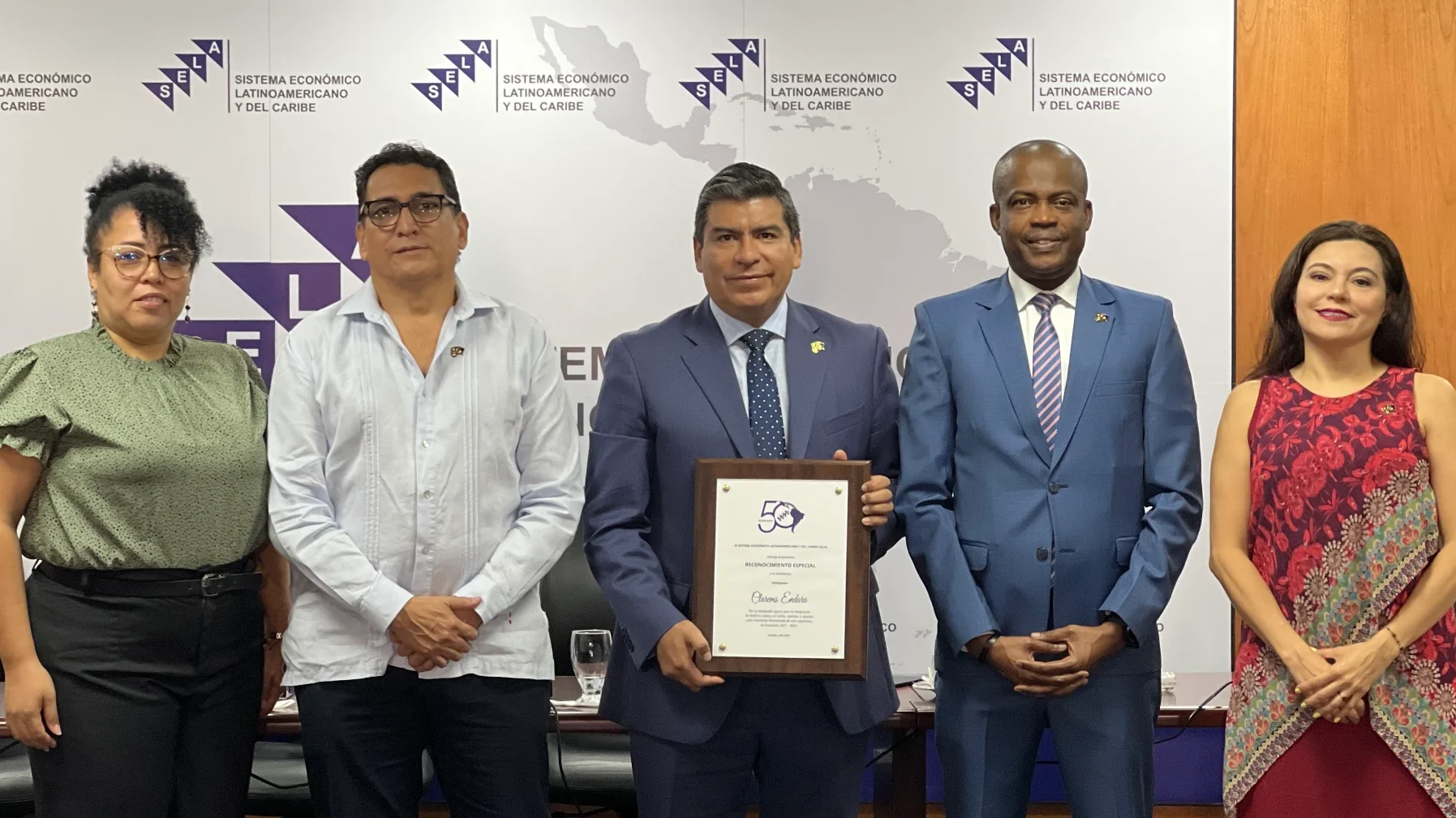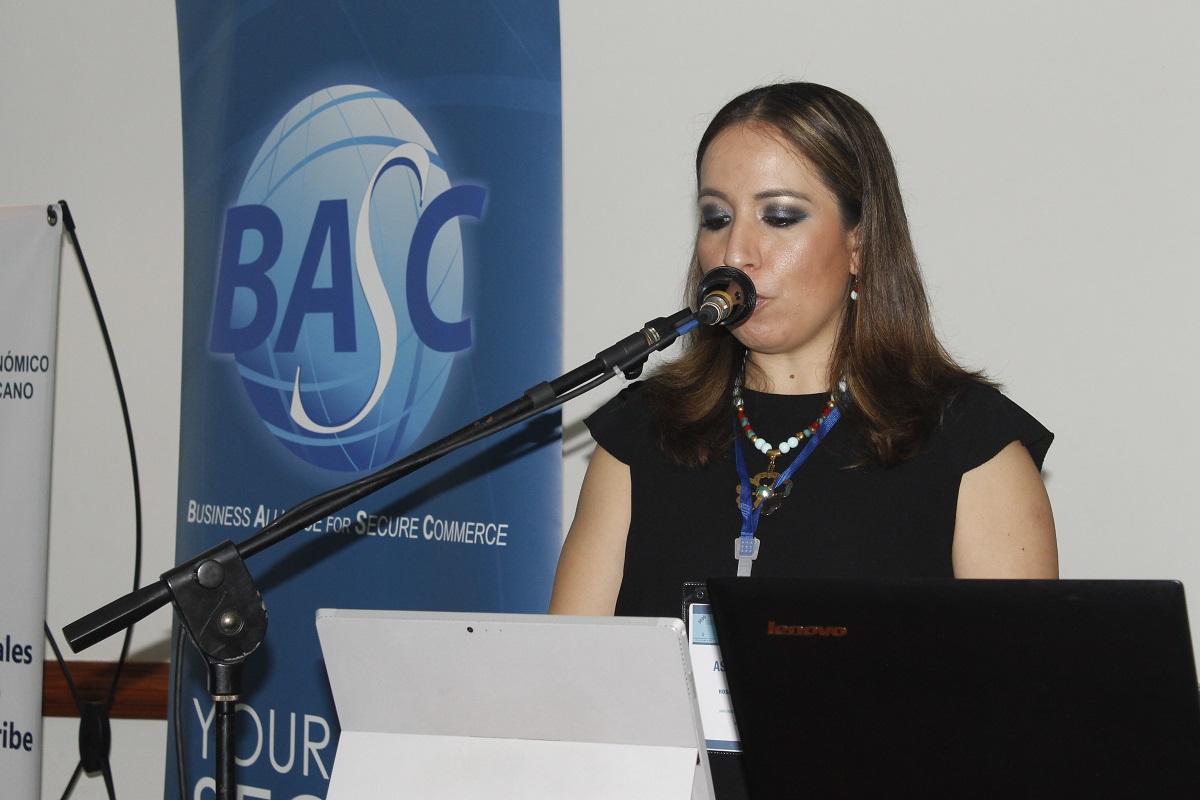
The virtues of the intensive and widespread use of digital technologies are multiple and prolific. They favour competitiveness, democratize access to information, and strengthen the public sector’s abilities, ultimately allowing for a higher economic growth, superior stages of wellbeing and better opportunities for all.
Likewise, infrastructure investment has multiple channels through which the quality of life of citizens, the productivity of firms and the efficiency of the economy in general are affected. Its specific impact on job creation is particularly relevant because of its link to the policy objectives of creating local economic activity, increasing income for vulnerable populations and reducing inequality.
However, these benefits have not been materialized due to the digital and infrastructure gaps that exclude those lacking access or the skills to reap such benefits. In fact, globally, inequalities have deepened, social mobility has come to a standstill, and productivity has weakened.
In the specific context of Latin America and the Caribbean, such gaps are particularly glaring. It is estimated that 32% of the population has no internet access, connection speed in 67% of schools is insufficient, and 50% of countries do not count on an advanced digitalisation agenda. Generally, the development of a digital ecosystem is in an intermediate stage as an expression of the wide array of outstanding tasks.
Similarly, despite the progress made in infrastructure investment in public services such as drinking water, sanitation and electricity in the region, the heterogeneity in access and quality of services is high. For example, although drinking water coverage is around 80% in most countries, less than 60% of people choose to drink tap water. Access to electricity service in the region is above 90% on average; however, there is a high disparity in service quality (intermittency) and access in rural areas.
In this regard, turning digitalisation and infrastructure investment into a vehicle towards better economic and social results is a priority for the countries in the region, even more so because of its direct link to the attainment of the Sustainable Development Goals (SDGs).
The inclusion of this thematic area in the Work Programme for 2022-2026 contributes to the achievement of the following goals:
1) Promoting digital inclusion in the region.
2) Fostering regional digital connectivity.
3) Promoting the development of sustainable infrastructure.
4) Encouraging the use of green energies.
Promote spaces for countries to share their experiences, knowledge and needs
in order to find synergies in fundamental issues for economic and social
development, such as digitalisation, infrastructure development
and energy development.
Energy Sustainability Programme
Objective: Energy sustainability, in particular clean energy, is crucial to protect the environment, ensure long-term energy security, boost economic growth and improve public health.
Activities in 2025:
Digitalisation and Telecommunications Programme
Objective: The main challenges identified to achieve greater deployment of digital infrastructure are to raise private sector interest in works with uncertain profitability, to foster regional and international cooperation to take advantage of technical and financial opportunities, and to generate efficient public-private partnership schemes.
Activities in 2025:
Infrastructure for Development Programme
Objective: Infrastructure development is essential to achieve sustainable economic growth in Latin America. It improves productivity, attracts investment, supports regional integration and promotes social inclusion by providing better access to services and opportunities for all citizens.
Activities in 2025:
Seminar “Waste management as a source of energy”
